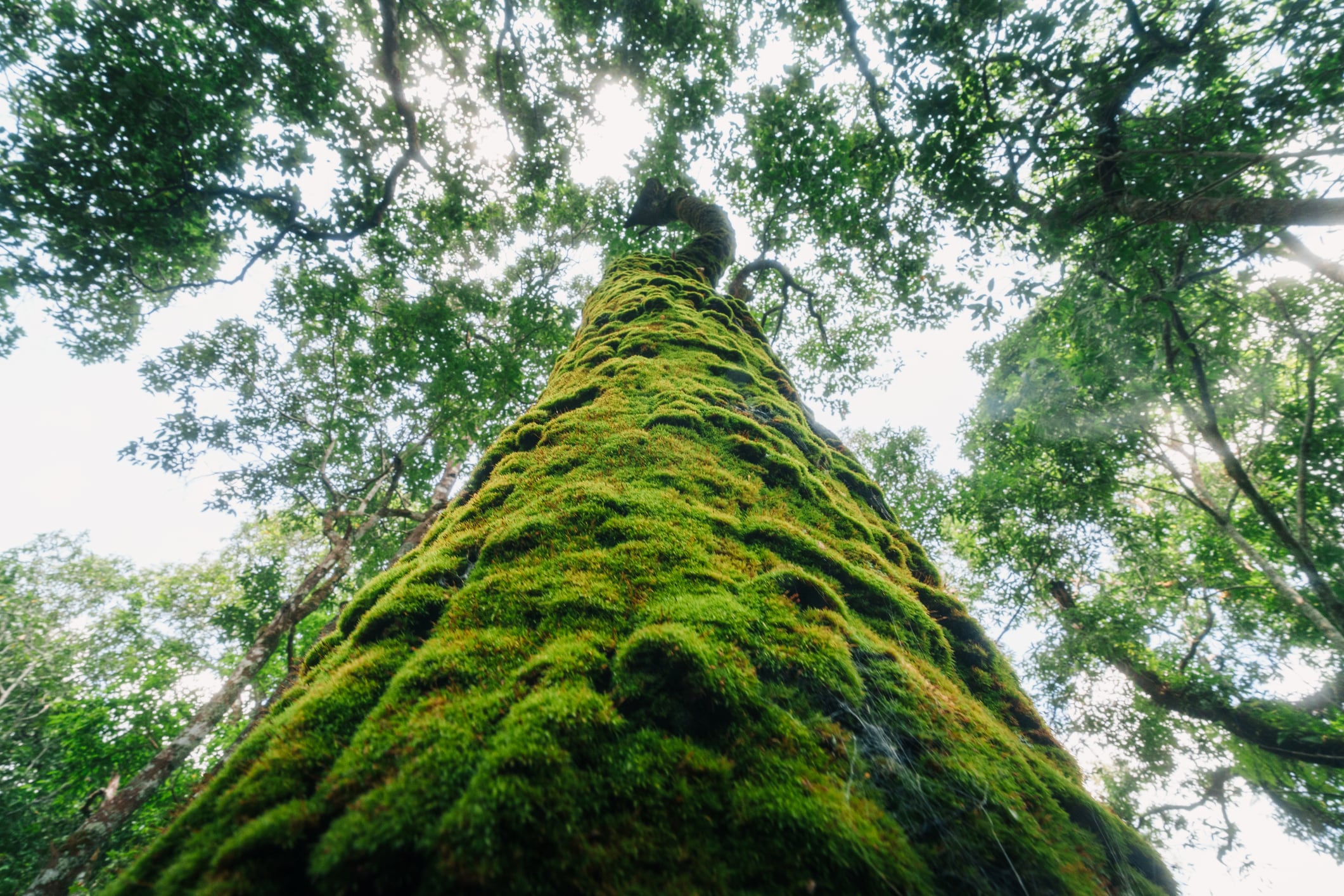Israel-based Groundwork is demonstrating the potential of mycorrhizal inoculants to sequester carbon, and in the process, developing a carbon market that companies can invest in to accomplish their environmental, social, and governance (ESG) goals.
Founded in 2014, Groundwork developed a biotech-derived mycorrhizal fungi that promote plant growth and soil fertility via nitrogen fixation, phosphorus solubilization, and synthesis of growth-promoting substances, AgTechNavigator previously reported.
Initially, Groundwork developed its mycorrhizal fungi-based biofertilizer, Rootella, for crop improvement benefits but identified a carbon market opportunity in the early 2020s, Dan Grotsky, co-founder and chief growth officer at Groundwork, told AgTechNavigator.
“We knew all along that mycorrhizal [fungi] sequester carbon. We did not know how much. ... We said, ‘Why don’t we measure how much carbon we are actually sequestering?’ And we were astounded,” Grotsky elaborated.
Carbon offset verifier SCS Global found that Rootella sequestered an average of 3.89 tons of carbon per acre within a year, passing the company’s estimates of 1.5-3.5 tons, the company shared in a press release.
Are soil-based carbon offsets better than forestry?
Over the years, various carbon markets came under fire for greenwashing claims, including those related to forestry-based carbon credits. Forestry-based carbon credits are considered “a cheaper type of credit,” since carbon is stored in the biomass, which “is not necessarily permanent,” Grotsky explained.
“If the forest burns down – if it is taken down – then you lose a lot of carbon. To some extent, in regen ag, there are some of the same problems. A lot of the carbon that is us that is drawn down by regen ag projects can be respired back into the atmosphere, and that causes some issues with durability,” he said.
He added, “With mycorrhiza, that is different. Most of the carbon, probably north of 70% of the carbon, that is sequestered by mycorrhiza becomes mineral-associated organic carbon. And mineral-associated organic carbon is durable — that stays in the soil for millennia, and that is a big deal.”
Over time, carbon markets improved their standards and weeded out players who might not have been working to advance the goals of the industry, Grotsky explained.
“The [carbon] registries have taken note. They have changed a lot. They have become a lot stricter in their standards, their policies, and their auditing practices. We are going through tremendous hoops to validate and verify, which we have completed, the numbers that we are saying,” he added.
Groundwork partners with Anew Climate
Last month, Groundwork partnered with North American carbon credit developer and marketer Anew Climate to deliver 500,000 tons of carbon removal over the next three years, through the company’s Rootella Carbon program, which uses Verra’s VM0042 standard.
“At the end of the day, carbon buyers typically won’t choose one solution. They do not believe in investing in one silver bullet. They need a portfolio, and so a large carbon trader like Anew Climate can offer that portfolio and can get our credits out the door. And that is what we need to move this ahead,” Grotsky said.
Verra address criticisms
Non-profit carbon standard organization Verra’s credibility has been questioned in the past. In 2023, The Guardian reported that 90% of the organizations’ rainforest carbon offsets were “phantom credits” and did not equate to general carbon reductions. Several months after the report, then Verra CEO, David Antonioli, stepped down, and the organization announced methodo logy changes to its forestry projects.





